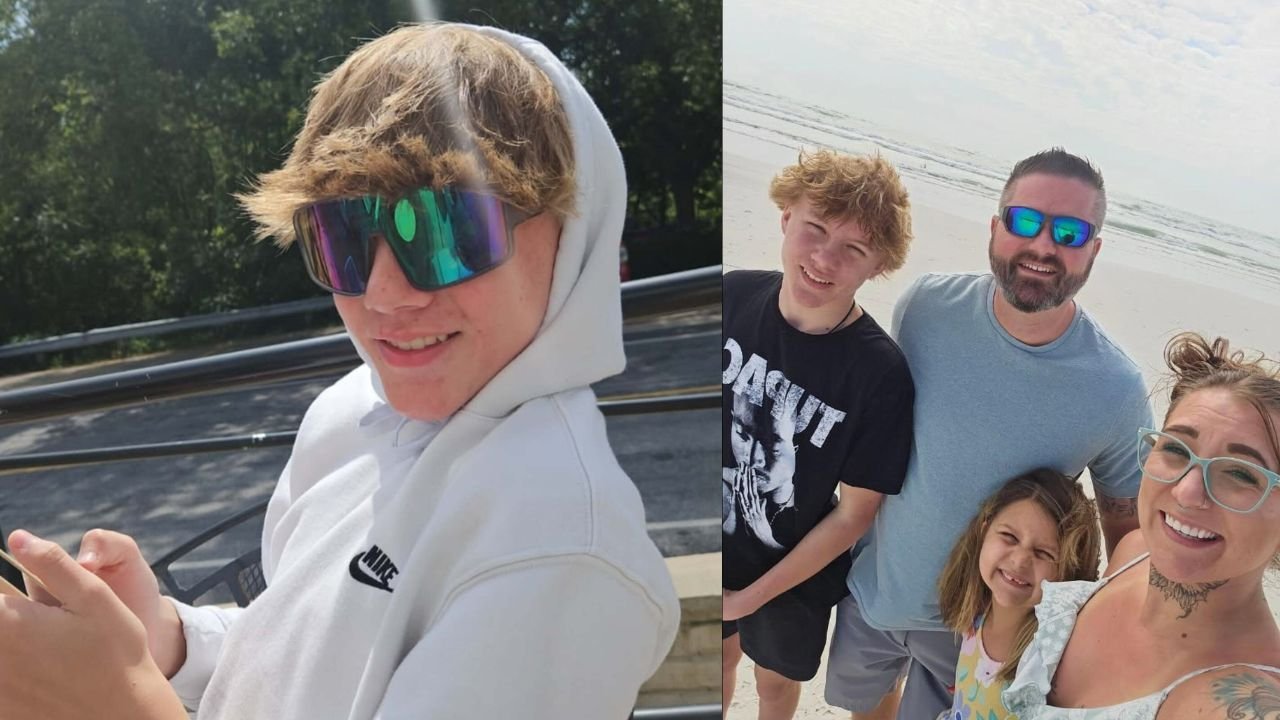He Was Only 15: Wisconsin Family Pushes State to Crack Down on Sextortion

MADISON, WI — Wisconsin lawmakers are advancing a bill that would make sextortion a standalone crime, following the tragic death of 15-year-old Bradyn Bohn earlier this year. His mother, Brittney Bird, has become a leading advocate for stronger laws after her son died by suicide when he was targeted by online scammers.
Bradyn’s Story
Bohn, of Kronenwetter, Wisconsin, was financially sextorted online by scammers posing as peers. They tricked him into sending explicit content, then demanded money while threatening to expose him.
“If Bradyn, in his death, can save even one more kid, that makes it a little less heavy,” his mother said in an interview with TMJ4 News.
The FBI has warned that teenage boys are increasingly being targeted in these schemes, where predators use fake accounts to solicit images and then blackmail victims.
What the Bill Would Do
Named Bradyn’s Bill, the legislation would make sextortion its own offense under Wisconsin law. Penalties could reach up to six years in prison for most cases, and up to 60 years if a victim dies by suicide as a result of the crime.
Republican Rep. Brent Jacobson said the proposal is meant to send a clear warning:
“This bill sends a message to those who would try and do this to stay out of Wisconsin and stay away from our kids.”
Support in the Legislature
The state Assembly passed the bill unanimously in June. It now awaits approval in the Senate and the governor’s signature before becoming law.
At a recent hearing, Republican Sen. Jesse James assured Bradyn’s parents of bipartisan support:
“We will get this over the finish line.”
A Mother’s Mission
Bird has continued speaking publicly about her son’s story, hoping to protect other families from the pain hers has endured. She has urged both lawmakers and parents to take sextortion seriously and to push for accountability when victims are targeted online.
Do you think Wisconsin should impose the nation’s toughest penalties for sextortion crimes? How can communities better protect teens from online exploitation before it’s too late?
